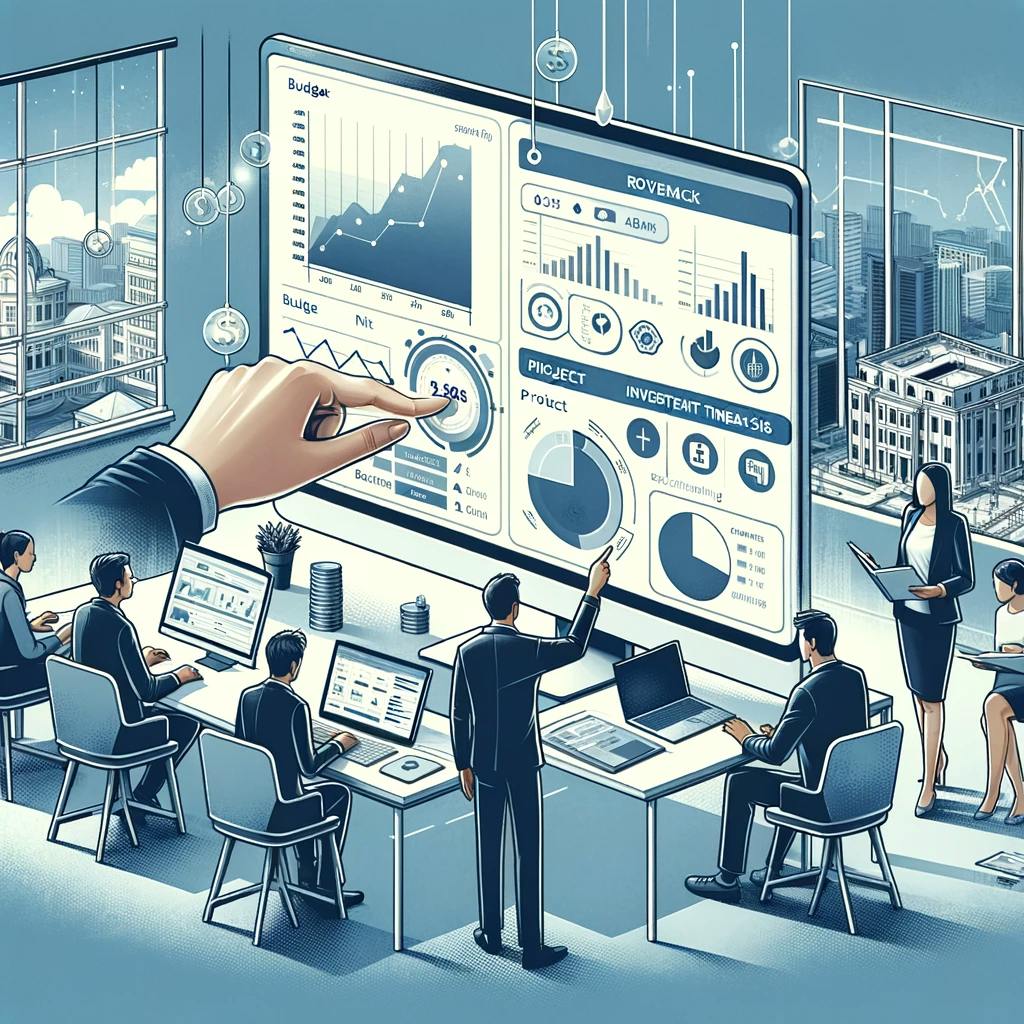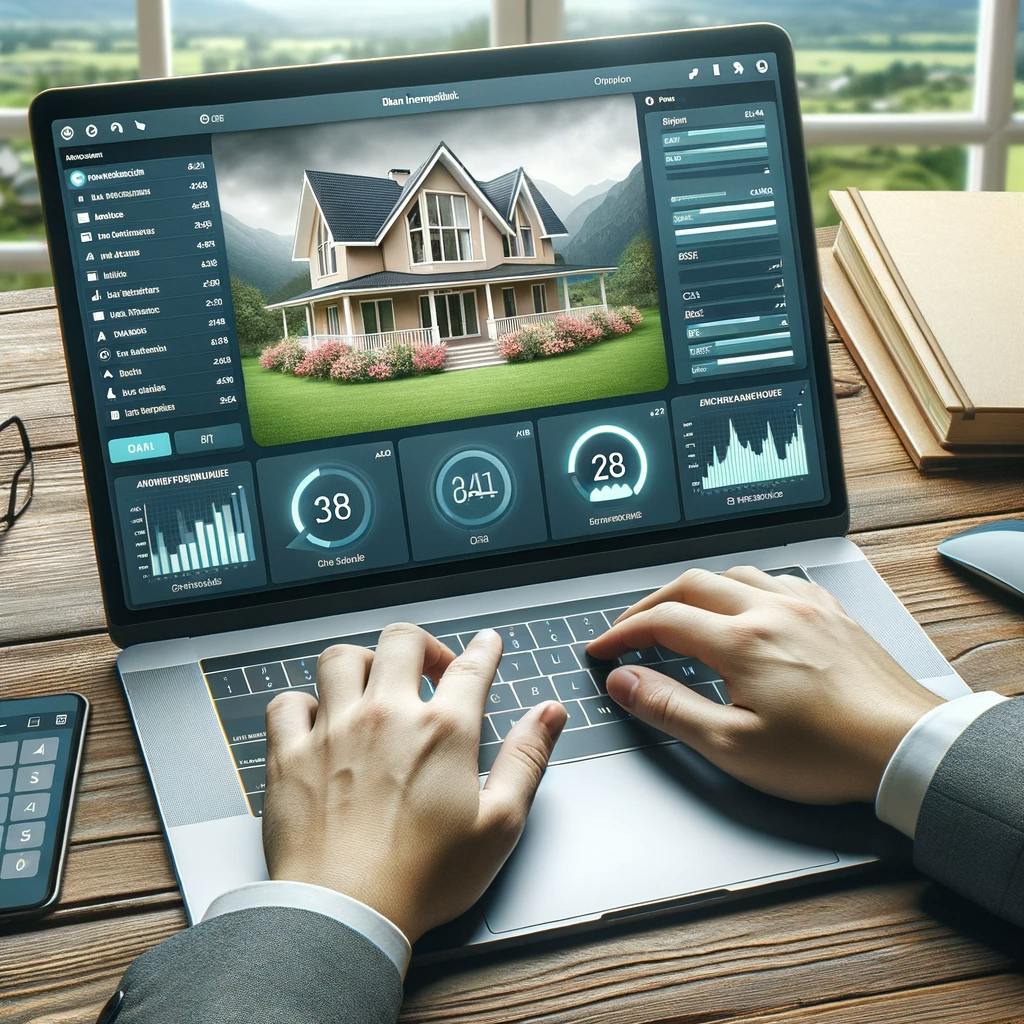

Maximizing Efficiency with ERP: Essential Guide for Property Developers


In the multifaceted realm of property development, challenges abound in project management, financial planning, and client relations. The complexity and dynamism of this industry call for a robust, holistic approach, one that can align various business processes and streamline operations for maximum efficiency. This is where Enterprise Resource Planning (ERP) systems come into play, standing out as indispensable tools for property developers seeking to navigate the intricate landscape of modern real estate development.
The Evolution and Importance of ERP in Property Development
Historical Context and Evolution of ERP
The concept of ERP has evolved significantly over the years. From its humble beginnings as basic inventory management software, ERP has transformed into a multifaceted tool that encompasses a wide range of business processes. This evolution reflects the growing complexity of business operations, particularly in sectors like property development, where multiple intricate processes run concurrently.
Detailed Explanation of ERP Functions
ERP integrates various functions essential to property development, such as project management, financial operations, CRM, and regulatory compliance, into a single framework. Each module within an ERP system is designed to work in unison, providing a holistic view of the business. For instance, the project management module streamlines planning and execution, while the financial module aids in managing budgets and cash flow, all aligned within the same system.
Impact of Real-Time Data and Analytics
One of the most significant contributions of ERP systems is their ability to provide real-time data and analytics. This feature is invaluable in property development, where decisions must be based on the latest information. Whether it’s adjusting project timelines or reallocating resources, real-time data enables developers to make informed decisions quickly.
In-Depth Look at ERP Features for Property Developers
Comprehensive Project Management Tools
In the context of property development, ERP systems offer sophisticated project management tools. These tools cover every aspect of project delivery, from scheduling and resource allocation to risk management and progress tracking. Effective project management is key to ensuring projects are completed on time and within budget.
Advanced Financial Management and Compliance
ERP systems offer advanced financial management features, essential for budgeting, financial forecasting, and cost management. Given the stringent regulatory environment in property development, these systems also ensure compliance with relevant laws and standards, mitigating risks associated with non-compliance.
Enhanced CRM Capabilities
Customer relationship management is another critical component of ERP systems. In property development, maintaining strong relationships with clients, stakeholders, and suppliers is crucial. ERP systems facilitate these interactions, ensuring seamless communication and efficient service delivery.
Customization and Scalability Features
The customization and scalability of ERP systems are crucial for property developers. Projects vary in size and complexity, and a one-size-fits-all solution is rarely effective. Modern ERP systems offer the flexibility to tailor functionalities to the specific needs of each project, ensuring scalability as the business grows.
Selecting the Ideal ERP Solution for Property Development
Key Selection Criteria
When choosing an ERP system, property developers should consider factors like cost, scalability, user interface, customization options, and support services. It’s important to select a system that not only meets current needs but can also adapt to future growth and changes in the industry.
Importance of User-Friendly Interfaces and Training
The usability of an ERP system is critical. A user-friendly interface ensures that staff can effectively utilize the system, maximizing its potential. Equally important is the training and support provided by the ERP vendor, as this ensures the smooth implementation and ongoing use of the system.
Preparing for Future Trends in ERP
Property developers should also consider future trends in ERP technology, such as artificial intelligence, cloud-based solutions, and mobile accessibility. Selecting a system that is forward-thinking and adaptable to these advancements will position developers at the forefront of innovation in the industry.
ERP systems represent a transformative investment for property developers. These systems enhance efficiency, streamline operations, and improve decision-making capabilities, leading to increased profitability and success. As the property development industry continues to evolve, embracing ERP solutions is not just beneficial; it is essential for staying competitive and achieving long-term growth. Property developers who leverage these technologies will find themselves well-equipped to navigate the challenges and opportunities of a rapidly changing industry.
Read similar articles.

New Real Estate CRM: Unlatch's Edge Over Generalist CRMs
Discover the benefits of Unlatch, a specialized CRM for new real estate, versus generalist CRMs. A complete guide on customization and project management in real estate.

Comprehensive CRM Systems for Real Estate Developers: Enhance Lead Management & Customer Relations
Explore the transformative benefits of CRM systems for real estate professionals. From centralized data and lead management to personalized customer engagement, discover how CRMs empower property sales and client retention strategies.

How much do real estate agents make yearly ?
Generally speaking, real estate agents make money through commissions on the sales of properties. The commission is typically a percentage of the sale price of the property, and is split between the listing agent and the buyer's agent.




